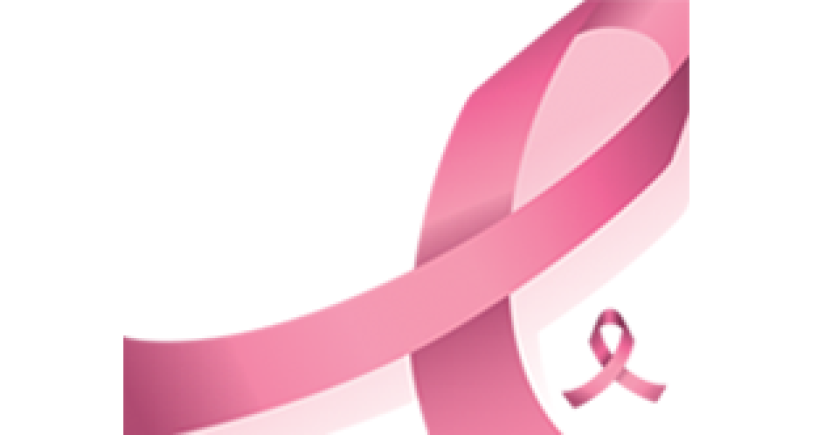
Management of Breast Cancer
Breast cancer is the second most common type of cancer in women. It is a dreadful disease in which cells in the breast begin multiplying in an uncontrolled fashion to form a tumour. Learn about the treatment options
The first step is to diagnose and assess the extent of disease (i.e. knowing the stage of cancer). Diagnosis is confirmed by FNAC or core biopsy, which can be performed at the outpatient clinic in 10 minutes after the mammogram is done.
Investigations to stage the disease are done in patients with lumps more than 3-4 cm, those having enlarged glands in armpit or symptoms suggestive of distant spread of the disease (bone pain, breathlessness, headache, enlarged liver, etc.). Early detection is the key as cure rates are very high in early stages and go down as the disease advances.
Treatment plan and the sequence of modalities to be used are dependent upon stage of the disease as well as the need to conserve the breast. Surgery forms the mainstay of the curative treatment of breast cancer and is ably supported by chemotherapy, radiation, hormone therapy and targeted therapy.
Stage I & II (Early cancer)
Cancers in these stages are usually treated by surgery first. Requirement of additional treatment is decided after the final biopsy results are obtained.
Stage III (Locally advanced)
Usually requires chemotherapy initially followed by surgery and radiation. Hormone and other targeted therapy is needed in select group of patients who have certain markers present on their tumours.
Stage IV (Distant organ spread)
Usually treated either with chemotherapy or hormone therapy or both. Symptom directed therapies like surgery for a fungating / ulcerated mass in breast, radiation for pain relief / bony disease, pain medicines, fluid removal, etc are required in some situations.
SYSTEMIC (CHEMO, HORMONE AND TARGETED) THERAPY
Their requirement is decided by stage and aggressiveness of the disease. Certain markers on tumour cells help in deciding the need for hormone and targeted therapy. Chemotherapy usually consists of 6-8 cycles administered in day care at an interval of 15-21 days and hormone therapy, mostly tablets, continues for five years. Chemotherapy may have side-effects like hair loss, nausea, vomiting, weakness and most of these can be well taken care of by modern medicines. Hair grows back within six months of chemotherapy and are often of a better quality than the previous ones.
RADIATION
All patients who undergo Breast Cancer Surgery (BCS), those with large tumors or with involved lymph glands require radiation therapy in addition to surgery and systemic therapy. With modern techniques of radiation, it is possible to minimise the side effects on skin, lungs and heart. A typical course of radiation usually lasts for 30-35 days and is done as an outpatient.
FOLLOW UP
Regular follow-up check ups are needed to monitor for side-effects of treatment and detect the recurrence of disease, if any. Initial follow up visits are more frequent and the interval between the checks increases as the time passes by with only annual check-ups required after five years.
Categories
Clear allMeet the doctor

- Oncology | Surgical Oncology
-
25 Years
-
2000



















